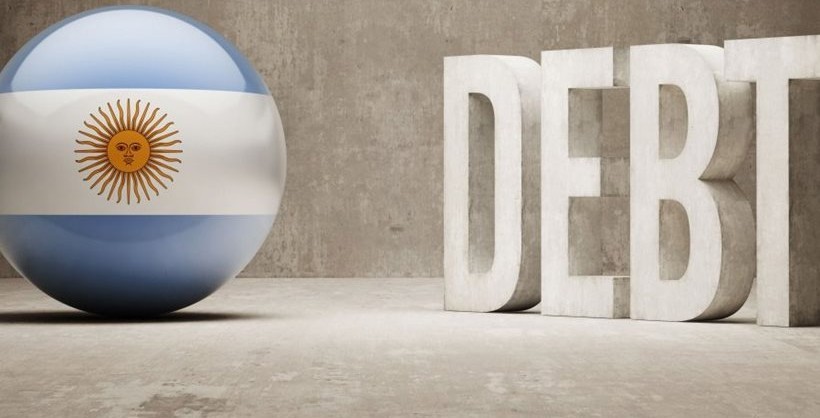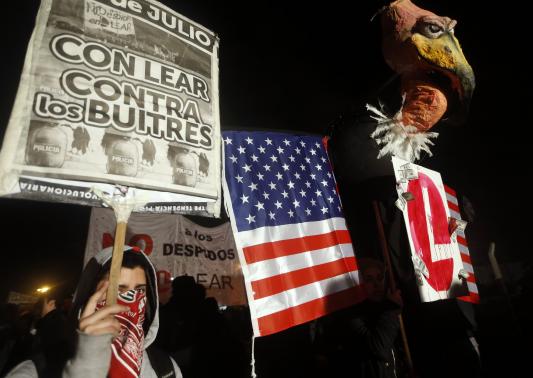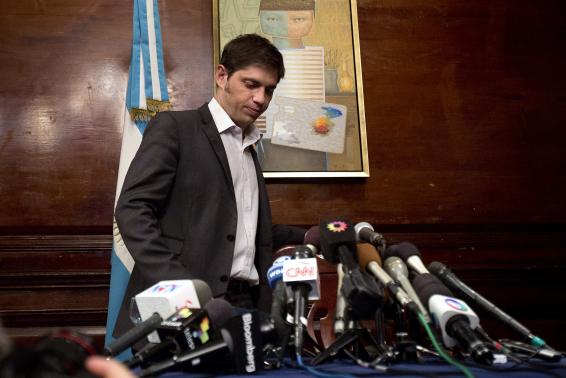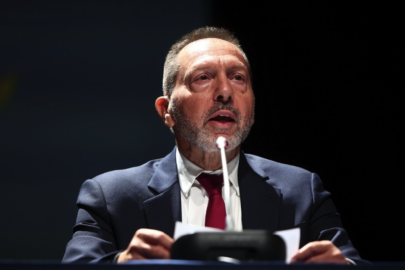Debt rating agency Standard & Poor’s deemed Argentina to be in selective default after frantic last-minute talks ended in deadlock late last night. This will put even more pressure on the country’s already struggling economy as its borrowing costs are likely to increase.
Problems stem from a legal battle with a small group of “holdout” creditors that demanded payment of $1.5 billion on bonds they bought after the $144 billion default in 2001. This standoff blocked payments to other creditors. 93% of the cretiors reached an agreement to restructure the country’s debt but 7% of the “holdout” bondholders refused to accept.
Argentina’s Economy Minister Axel Kicillof tried to make an offer to this small group of creditors in New York this week however no deal was struck leading to default. Investors had been getting ready for bad news, however Bloomberg News reported that all remaining hopes were dashed when the hedge funds holding its debt, including billionaire Paul Singer’s Elliott Management, couldn’t strike a deal with a court-appointed mediator.
Mr. Kicillof said Argentina wouldn’t swallow the demands of investors led by U.S. hedge funds. He called them “vulture funds”. He said that paying $1.5 billion owed to the U.S. would set the precedent for Argentina being required to make similar payments to other bondholders.
The breakdown wasn’t a complete surprise and Standard & Poor’s had pronounced the country to be in technical default earlier yesterday when it missed a $539 million interest payment in $13 million in restructured bonds. Bloomberg reported that Argentina has about $200 billion in foreign-currency debt, a figure that includes $30 billion in restructured bonds.
This is the second time that Argentina has defaulted in 13 years and the country’s third default in 25 years. The country may have to devalue its currency to preserve foreign currency reserves and this is expected to lead to a dangerous rise in inflation. This year, the peso has already fallen by about 25% against the U.S. dollar.
Carlos Caicedo, a senior analyst for Latin America at IHS, told CNN that this is the worst moment for Argentina to go into default because “they need fresh sources of funding.” He added that social unrest is a possibility.
The Wall Street Journal reported that it looked like Argentina’s banks would have thrown the government a lifeline on Wednesday, however talks fell apart.







































